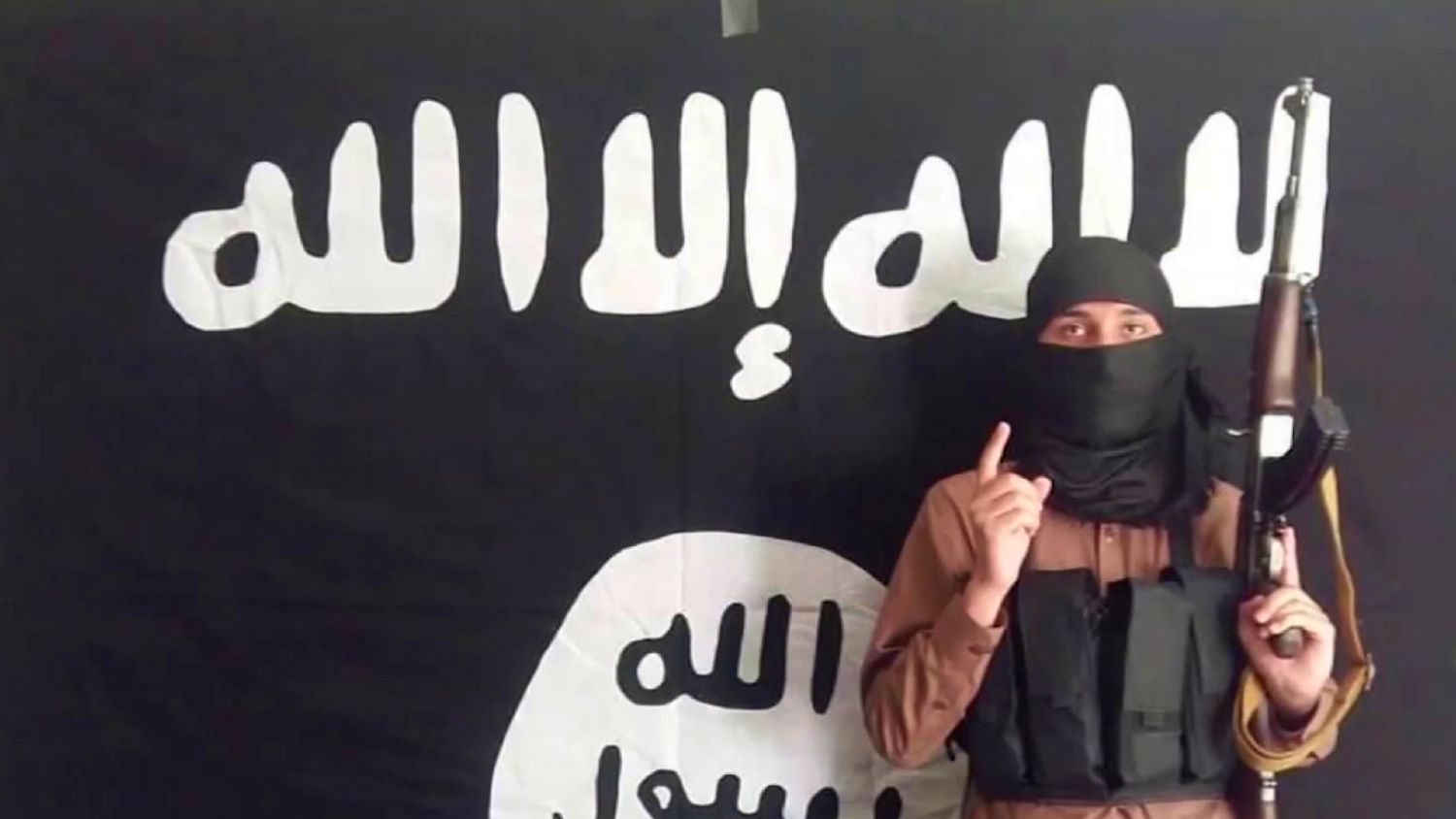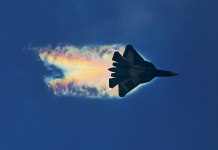The fourth meeting of the neighboring states on Afghanistan was hosted by Uzbekistan on April 13 in Samarkand. Those who attended were the foreign ministers of Russia, China, Pakistan, and Afghanistan. The Central Asian States of Uzbekistan, Turkmenistan, and Tajikistan were represented by top diplomats of their respective countries.
As expected, the conference’s first salvo was directed against the United States. Opening the proceedings about ensuring regional security, the ministers noted that the US and its allies should immediately lift the unilateral sanctions imposed on Afghanistan and return Afghan assets.
Russia, Iran, China, and Pakistan opposed the restoration of “military bases in and around Afghanistan” by the United States and its allies because such activity “is not conducive to regional peace and stability,” they said.
Hitting hard over the policy of the US and its allies, the foreign ministers of Russia, China, Iran, and Pakistan came together, holding them responsible for the current situation in Afghanistan.
Before we proceed to deal with other aspects of the deliberations, two important points need to be focused on. One pertains to Pakistan allowing its land and air space to be used by the Americans for conducting their strategic activity.
It is widely believed that the drone that shot dead Ayman al Zawahiri, the commander of Al Qaeda, after the killing of Osama by the Marines, had taken off from some air base in Pakistan. Though Pakistani state officials denied the allegation, it did not produce any convincing proof.
The second point is that Pakistan and Taliban-governed Afghanistan relations have soured, and the bonhomie that was witnessed after the Taliban triumphantly entered Kabul on 15 August 2021, overthrew Ashraf Ghani’s government, and captured the Secretariate, has completely faded away.
Scores of armed skirmishes have taken place between the Taliban and Pakistani troops on the border posts of Torkham and Chaman. Pakistan even made an air strike in the Nangarhar territory of Afghanistan, which killed many Taliban. Pakistan accused them of planning a border attack.
The Durand Line is the main irritant that triggers border clashes on the Afghan-Pakistan border. The Afghans, under all regimes, have been persistently rejecting the Durand Line because it divides thousands of Pushtun families who have been living in the Waziristan region on both sides of the line from times immemorial.
The Taliban have demolished the barbed wire demarcating the border and vowed never to accept the Durand Line. On the other hand, Pakistan is insisting on Durand Line as the border because her interests lie in dividing the Pashtuns and making its border secure.
The Durand Line issue is what has unified the TTP and Afghan Taliban. Pakistan is labeling the TTP as terrorists and wants Kabul to declare that it will not give shelter to the TTP.
The Kabul government has outright rejected the demand and said the TTP are its people. It has also to be noted that the TTP joins the Taliban in attacking and destroying the ISIS-Khurasan, a terrorist organization that many volunteer terrorists of Pakistan-based jihadist organizations like LeT, JeM, and LJ have joined.
The Samarkand Fourth meeting of the foreign ministers did not take any cognizance of this ground situation on the Afghan-Pakistan border. The Kabul regime has alleged that Pakistan is willing to provide facility to the US to conduct attacks on Afghan Taliban under the pretext of bombarding the hideouts of the ISIS – Khorasan.
The foreign ministers, including Pakistan, have held the US and its allies responsible for the current situation in Afghanistan.
One is surprised by the short memory of these honorable ministers. Don’t they know of the immense role that Pakistan played overtly and covertly in the Afghan conundrum?
Who created and funded the Haqqani network? Did the US or China create it? Who backed and supported the Taliban in 1996 and provided its volunteer training and arms clandestinely, and recognized their regime immediately when they installed it in Kabul?
Was it not Pakistan and its ISI? Who was the person who rushed to Kabul to bring about a rapprochement between Haqqani and Mulla Baradar when there was a dispute over the distribution of portfolios among the Taliban leadership?
Lt Gen Faiz Hameed, the person who remained in news in the bizarre Imran Khan prime ministership episode, was the one who landed in Kabul unannounced and mediated a deal.
It has also to be reminded that even after Kabul was taken by the Taliban, the Panjshir Valley commanders refused to surrender and decided to fight the Taliban. The Panjshir Valley is remembered for the famous martyred Tajik Commander, Ahmad Shah Masud.
Pakistan army sent its columns and tanks to assist the Taliban in subjugating the Panjshir Commanders. The Pakistani air force also made some sorties to drop bombs on the rugged mountains of the valley. Pakistan-based and Pakistan army-sponsored terrorist-jihadist commander of JeM Masud Azhar is still hiding with the ISIS-K and operating from his hideout.

All this shows that the statement issued by the participants of the Samarkand conference of 13 April was meant to hide the black deeds of Pakistan. In the same vein, while the statement vows observance of human rights and also advises the Taliban to adhere to the universally acknowledged human rights, including the rights of women, it has not a word questioning the brutal treatment meted out by Iran to the repression of Iranian women who came out in hundreds of thousands to protest against the abuse of rights of women and persecution of those who demonstrated against the policy of the regime of Ayatollahs.
Nearly four thousand Iranian girls have been massacred in the regime’s revengeful act.
The conference would not speak a word on the atrocities these regimes are unleashing on their citizens. It seems that Iran and Pakistan emerged victorious from this conference because nobody was prepared to expose their disservice to the peace in the region.
The statement issued at the end of the conference said that the participants echoed the condemnation of terror. However, it did not say that the members should commit themselves to not supporting terrorists and terrorism at home or its export to a neighboring or distant country.
Yes, they want peace in Afghanistan and no disturbance around that country with rich natural deposits, especially copper mines and energy resources, for which reason ambitious countries like China exude profound sympathy with the Afghans by bringing the onus of Afghan destruction to the doorsteps of the US.
The new thinking with Russia and China is to patronize Islam and its extremism and carve out the economic opportunity in Afghanistan for exploitation.
- KN Pandita (Padma Shri) is the former Director of the Center of Central Asian Studies at Kashmir University. Views expressed here are of the author’s.
- Mail EurAsian Times at etdesk(at)eurasiantimes.com
- Follow EurAsian Times on Google News




